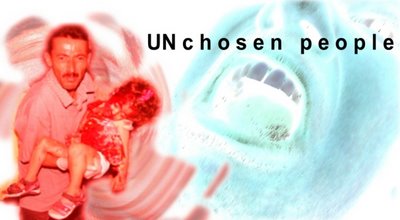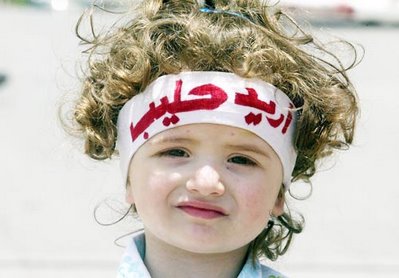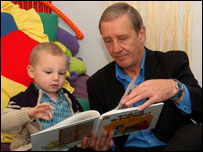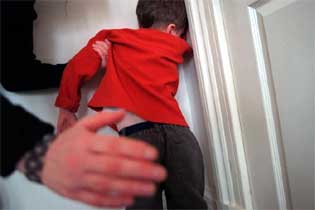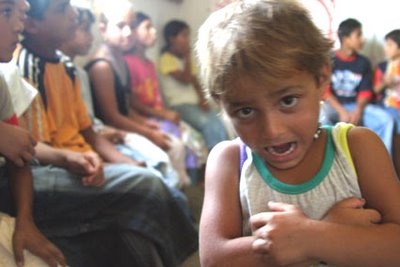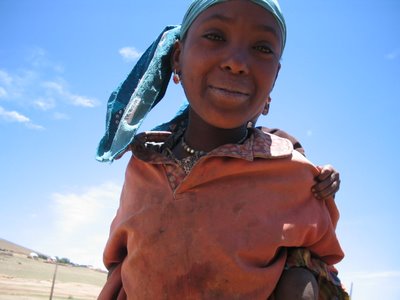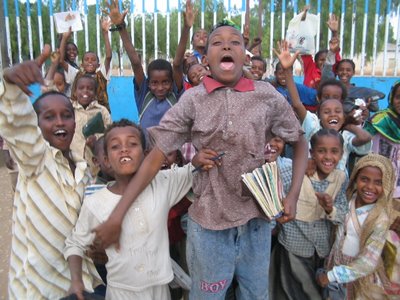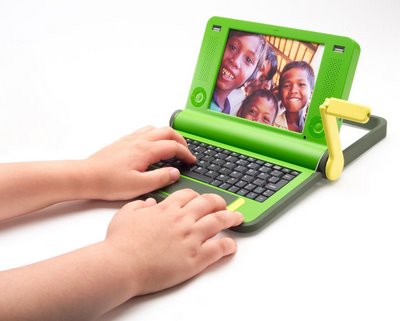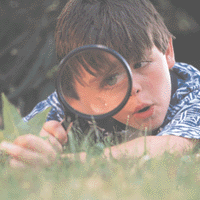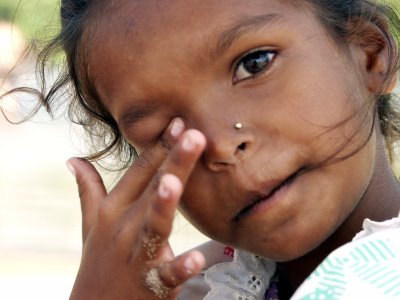On my parenting journey, the line between teacher and student is often muddied. I have grand ideas of wisdom and value that I want to impart to my children while they are still under my wing. My children, on the other hand, have no agenda, no plan for all that they need to teach their mother, and yet many times I know that I am the recipient of their wisdom. While I fight my drive to "do," they simply "are". They ride with the moment, savoring every bit of their current existence. Lately, I’ve been taking notes - as all good students must do on occasion - and my notes have revealed a treasure of wisdom learned from my children. The most important things to learn in life are really very simple.
1. Stay close to the ones you love.
Many of us are saddened by the transient pattern of our society. Even more alarming is the transient pattern of families. . . the taxi driver mom, the workaholic dad, the kids running from music to dance to sports and more. Whatever happened to home? We all have houses, but do we have homes? We all struggle with this transient pull in some way or another. When I look at my children, I see a baby who wants to be near his mama and daddy all the time, except for brief periods of exploration or visits to others’ arms. I also see a little girl who thrives on lots of at-home time, weaving in and out of the activities of other family members. Being close to the ones they love the most is the main stabilizing factor in the lives of our children.
2. Do a few things and do them well.
Have you ever read the same book to a toddler 25 times in one day? Or watched a baby throw laundry from a hamper over and over as you throw it back in? The natural, unhampered attention span and focusing ability of children are amazing. When their lives are not invaded by unnecessary media, chaotic adult schedules, or rigidly structured activities, children are very focused and take delight in doing simple tasks over and over. My children are challenging me to re-examine the activities that fill our days. We are trying to schedule our errands one day per week, and hone down our outside involvement to a few important activities. This allows us time to concentrate on home, cherished relationships, and favorite hobbies - all of which benefit from my increased and focused attention.
3. Consider the potential for good in all things.
Many moms have pretended to nurse a stuffed animal, a wooden block, or even a truck at the insistence of a nursing toddler! Our children seem to be saying "This, too, deserves to be loved by you, Mama!" Looking at my own life, I struggle with many things: wastefulness (I have been known to throw away something with seemingly no value only because I have tripped over it 100 times); "Jones disease" (the mentality that takes over when we covet new things because what we own doesn’t measure up to the Jones’ belongings); and too many conveniences (which makes me see less value in simple things). I have much to learn from my little ones in this area, and it will be a life-long struggle for them to teach me, I’m sure.
4. Eat when you’re hungry.
Ahh… how much we could learn from the breastfeeding infant. Eat when you’re hungry, stop when you’re full, reject that which is bad for you, like the tongue-thrusting action of an infant not ready for solids. A new mother asked me recently if her three-month-old baby could possibly be ready for solids, because he kept grabbing Oreo cookies from his mom. This is a case of an adult projecting her unhealthy eating attitudes on her baby instead of vice-versa. We all struggle with the "I see it - it looks good - I eat it" syndrome. There is so much to learn from our precious little ones, who are in touch with their natural eating instincts. They challenge us to examine the place food has in our lives. Does it nourish our bodies or feed our emotions?
5. Sleep when you’re tired.
I’ve always marveled at how my children can drop off to sleep in the middle of a noisy party, in the middle of a meal, or even in the middle of a conversation. They have no inhibitions about when and where they should sleep! When they’re tired, they just close their eyes.
An amazing thing happened in our family recently. We moved into a new home, and lived without curtains for a few weeks. We began to wake with the sun and go to bed shortly after sundown, and felt better rested and more alert. Where we once moaned at the creeping sun in the morning, we began to welcome it. As adults, many of us ignore the signals that our bodies give us regarding our physical needs and we often suffer the havoc this wreaks on us.
6. Be curious and adventurous.
When we embark on new adventures, my children are so excited that they can’t stop bouncing! One evening, I found an old rubber ball that my one-year-old son had never seen before. We started rolling it across the floor, and he was so excited, his enthusiasm made him look like Tigger bouncing around our living room! My reaction, on the other hand, most likely would have been "Oh - a ball - seen one, seen them all."
On another day, when a city employee showed up at our door to fix our water meter, my daughter wanted to know all about his family, his job, and whatever else he wanted to share with her. Her natural curiosity drives her to learn and explore. I usually squelch my own questions and curiosities because I figure that my time demands that I do more important things. Now I find myself wondering … who was the meter reader in my basement? I suppose I could ask my daughter.
7. Look at things from a new perspective.
So often, people get stuck in ruts - especially with regard to their perspective of the world. How many times I have looked at a situation with a critical eye, only to find myself having to reconsider my position later on, when I am forced to deal with the same situation in my own life. Have you ever watched a child look at the world? Young children, especially, inspire me - they stand on their heads, hang upside down from trees, swing as high as possible, and peer through empty toilet paper tubes! Many conflicts could be averted and stress lifted from our shoulders if we would adopt the principle of shifting our perspective.
8. Sing Random Songs.
One night recently, I was up late reading a good book. My one-year-old had been asleep for several hours, but he started squirming and fussing to nurse. I latched him on and continued to read. Suddenly, he stopped nursing, looked straight up at the ceiling, and launched into a musical baby-babble. When he was finished, he went back to nursing and soon drifted off to sleep. That’s living in the moment! I have come to enjoy making up songs about my children. These random songs are a highlight for all of us.
9. Find joy in simple things.
I have watched my daughter fill her treasure box with old railroad ties found on hikes, pieces of gravel which she calls "golden rocks," and old pieces of rubber that she treasures as "old tires." Lately, she has been bringing me dandelions in plastic cup-vases. I am learning to appreciate the beauty in these weedy flowers.
10. Have faith.
A child's faith is pure and unwavering. It seems as we grow into adults, our desire to control the circumstances of our lives leeches our ability to trust. But children live in the present, and are often oblivious to the future. My daughter talks about birth, life, and death with an attitude of hope and trust while I struggle with fear.
I often ponder a certain scripture from the gospel of Mark (10:14-15), in which Jesus says, "Let the children come to me; do not prevent them, for the kingdom of God belongs to such as these. Amen, I say to you, whoever does not accept the kingdom of God like a child will not enter it." I can recall many times when I have placed expectations on my child that rob her of her chance to be a child. From this gospel I learned that there are virtues of childhood that I need to encourage and protect in my children, and that I should strive to take on these virtues myself.
My children are teaching me to embrace life, to accept people at face value, to trust, and to take care of myself. I am a tough student, but they are such loving and forgiving teachers, that I should do okay.
by Jacquelyn deLaveaga
Source: The Natural Child Project



